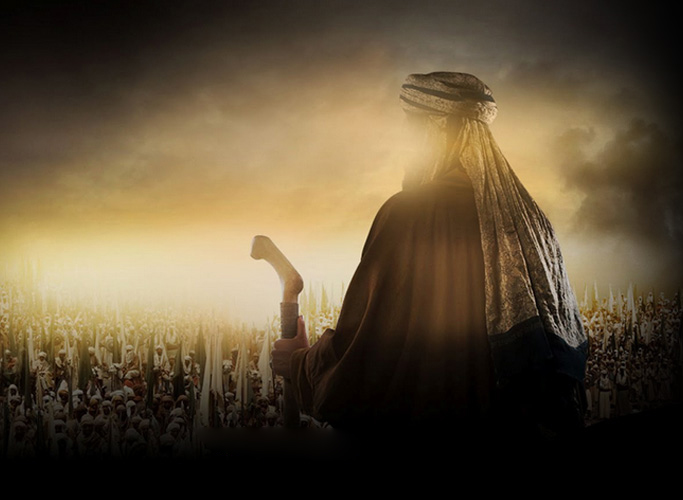Why does a Man Need Knowledge of the Unseen?
Imamate & Caliphate
The knowledge of the unseen, which belonged to the infallible prophets and imams (pbuh), is one of the other means of knowing the truth.
The noble Prophet of Islam (pbuh) and the imams of truth, revealed with the knowledge of the unseen, many hidden secrets, taught mankind various sciences, and transformed many of the unknown intellectual, ideological and scientific human beings into true knowledge and certainty. They made clear the nature of the future and thought about it. They talked about the past to let a man benefit to grow and mature. They explained the Quran, the sayings of God, in a manner that meets the needs of every age and time. They also explained the principles and general guidelines that a person needs, with clear and easy answers to all questions.
The other valuable role played by the knowledge of the unseen is to correct the data of the senses and the human mind. Then, we need the knowledge of the unseen to use the channels of knowledge of the truth and to employ the senses and the mind, so that we can evaluate correctly, think properly, and recognize the truth, as Imam Ali (a.s) says: “O People Ask me, ask me before you lose me. By God, I have the knowledge of everything (even the unseen knowledge) from the beginning to the end. [1]
When Al Imam, who knows the unseen and the secrets inherent in the universe, is at the side of man to take his hand and inform him of the realities of the system of existence, there will be no deviation or intellectual distortion.
You can see the Shiites of the world today, benefiting from the enormous source represented in the hadiths of the Ahl Al Bayt (pbuh) which are the basis of jurisprudence and the deduction of God’s rulings.
All sects and doctrines have been deprived of this great wealth of which Nahj Al Balagha is a part.
Al Imam Ali (a.s) says about the imams of truth: “...they don’t disobey the right and they aren’t different from it. They are the pillars of Islam and the heart of seeking protection. Through them the right turned back to its original condition and the falsehood removed from its residence”. [2]
In these wonderful phrases, Al Imam indicates several important points:
Since our imams are infallible and do not suffer from inward obstacles, they do not disobey the truth, and the truth is with them and they are totally with the truth. We know that a person is not able to understand everything mentioned in the Noble Quran without seeking the assistance of a scholar, the hadiths of the Noble Messenger of Islam, and the interpretation of the infallible imams (pbuh). The Imam Ali (a.s) says:
“God almighty revealed a guiding book that differentiates between the good and the falsehood, so follow the plain road of goodness to be rightly guided”. [3]
It is clear that the common people are unable to benefit from any specialized scientific book without seeking the assistance of an expert from the people of knowledge. Therefore, the Noble Messenger of Islam (pbuh) in the famous hadith of the two weights, the Holy Quran, coupled the infallible imams in his saying:” I am leaving among you the two weighty things, the Book of God and my progeny.” [4]
As a conclusion, if the seekers of truth had a correct view of the facts of the true system of creation and then correctly evaluated them in the light of revelation and the sciences of Ahl Al Bay (pbuh), with the help of what God gave them of the power of thought and reason, and they made the best use of knowledge and other channels of knowledge, and removed the internal and external obstacles from their ways, they were able to know the truth without having a dispute about. Through that, they were able to avoid falling into any error or slip, and the results of their research were not without result. They wouldn’t waste long years supporting false assumptions, but rather to prompt the steps on the right path.
Truth and Falsehood in Nahj Al Balagha, Al Maaref Islamic and Cultural Institution
[1] Sermon 189
[2] Sermon 239
[3] Sermon 167
[4] Sunan of Al Bihaku: 148/2



















